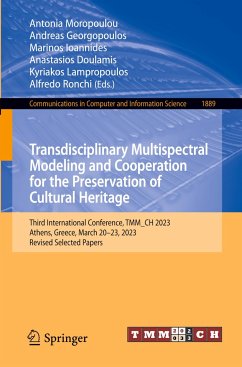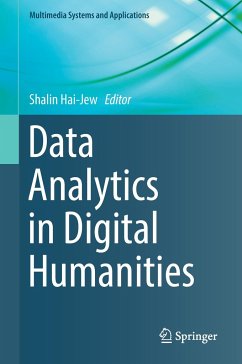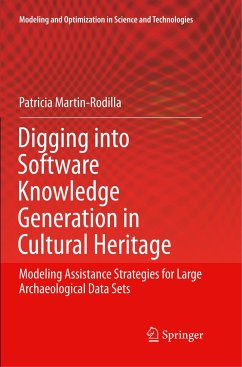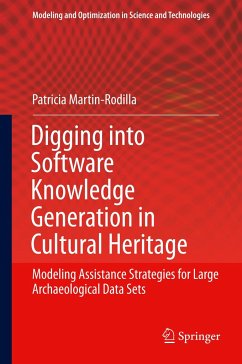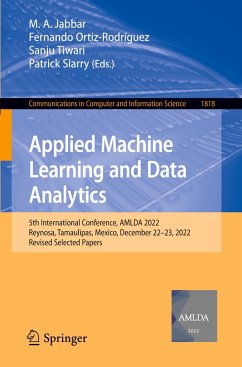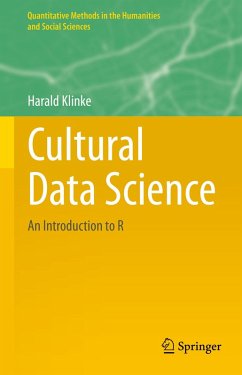
Cultural Analytics in R: A Tidy Approach

PAYBACK Punkte
38 °P sammeln!
This book offers an introduction to computational analysis for humanities scholars and researchers, systematically bridging traditional inquiry with the data-intensive capabilities of the R programming language. Employing diverse cultural datasets about gaming, film, literature, and music, it emphasizes the need to structure data, particularly through the tidy data paradigm, as a foundational practice for efficient analysis. Beginning with the fundamentals of R, the book progresses through sophisticated analytical techniques, including text mining, sentiment analysis, network analysis, and mac...
This book offers an introduction to computational analysis for humanities scholars and researchers, systematically bridging traditional inquiry with the data-intensive capabilities of the R programming language. Employing diverse cultural datasets about gaming, film, literature, and music, it emphasizes the need to structure data, particularly through the tidy data paradigm, as a foundational practice for efficient analysis. Beginning with the fundamentals of R, the book progresses through sophisticated analytical techniques, including text mining, sentiment analysis, network analysis, and machine learning, all contextualized with rich cultural examples. In doing so, it demystifies complex computational procedures, empowering readers to apply these tools to critical cultural research and fostering a new generation of data-literate humanists equipped to navigate and interpret the increasingly digital cultural record.



